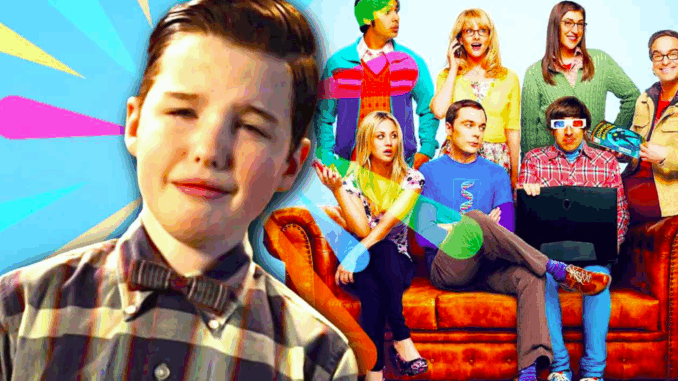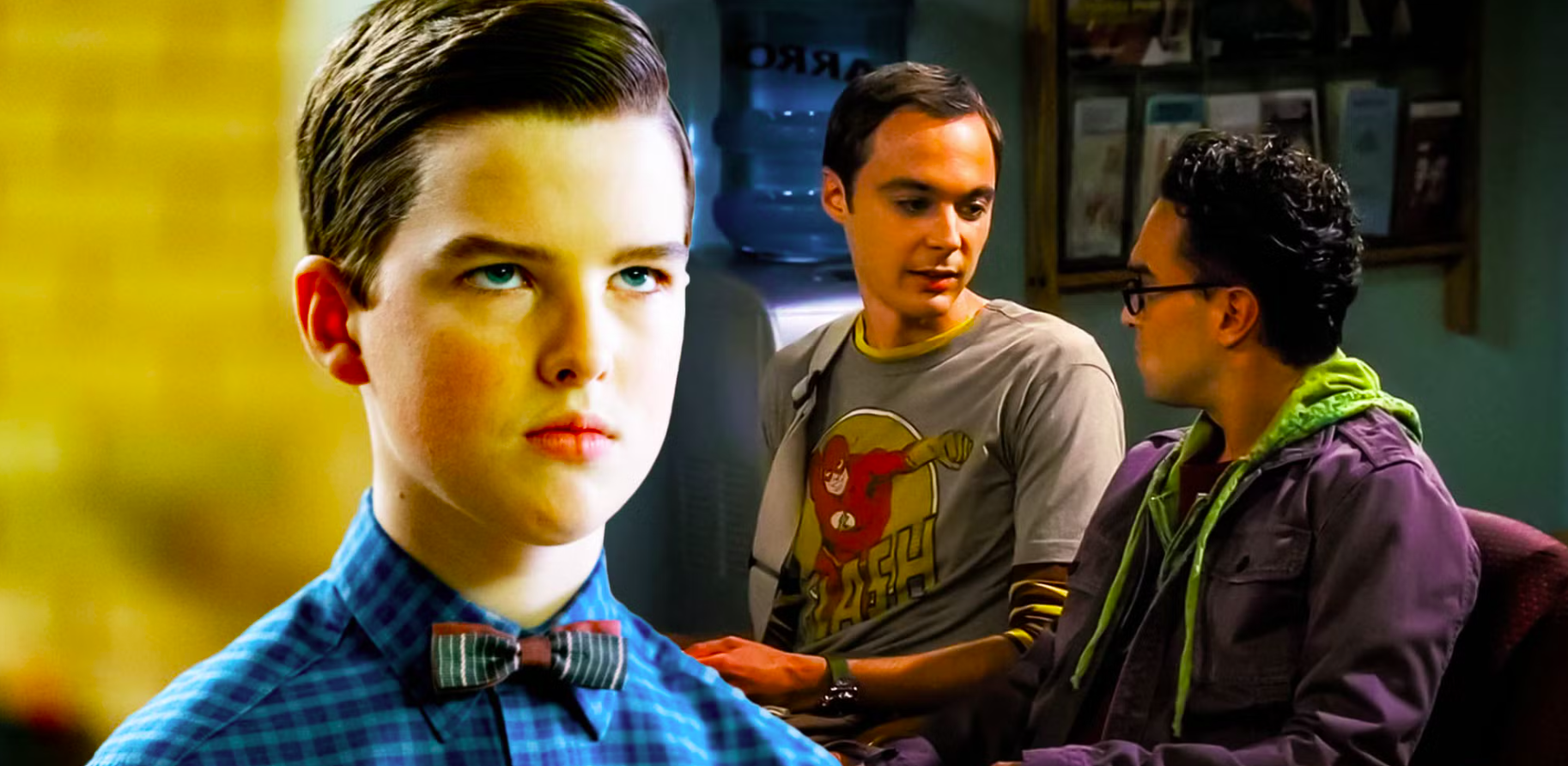
The Genius Who Doesn’t Get It: Sheldon’s Battle with Human Emotion
In The Big Bang Theory Season 2, Episode 15 (“The Maternal Congruence”), Sheldon’s world is turned upside down when his mother, Mary Cooper, comes to visit. What starts as a typical family visit quickly becomes a deep dive into Sheldon’s emotional limitations and his struggle to understand the complexities of human relationships. Mary Cooper, who’s a devout Christian, brings her own set of expectations for Sheldon—expectations that make Sheldon’s usual coping mechanisms feel utterly inadequate. For the first time in the series, we see Sheldon not only struggle with his emotions but also question his ability to connect with others on a deeper, more meaningful level.
Sheldon, who is usually portrayed as the epitome of rationality and intellectual superiority, is revealed to be utterly naive when it comes to understanding the emotional needs of others. His brilliant mind is not equipped to handle the subtleties of human behavior, and the cracks in his persona start to show. The tension between Sheldon and his mother builds as she tries to “fix” him, not understanding that Sheldon doesn’t need fixing. Instead, he needs understanding and acceptance.
The Heartbreaking Moment: Sheldon and Mary Cooper’s Unspoken Truth
The most powerful moment in this episode occurs when Sheldon tries to explain to his mother that he doesn’t believe in God. This revelation, which would seem like an everyday conversation for most people, becomes a pivotal turning point for Sheldon. Sheldon’s inability to express his feelings adequately causes him to retreat into his shell, leaving his mother feeling hurt and confused.
This scene is significant not only because it highlights Sheldon’s emotional immaturity but also because it marks the beginning of his emotional growth. For Sheldon, the conversation with his mother about religion isn’t just a theological disagreement—it’s a moment where he is forced to confront the fact that emotional and personal growth don’t come easily to him. He may be brilliant in his field, but the realm of human emotion remains foreign, challenging, and often uncomfortable for him.
Sheldon’s Journey: From Emotional Isolation to Understanding

What follows in the rest of the episode is a subtle but profound shift in Sheldon’s character. As he continues his interactions with Mary, he begins to realize that there’s more to being human than simply excelling in science and logic. He starts to see that relationships—especially familial ones—require a level of empathy and vulnerability that he has never been able to access before. While Sheldon’s character never fully embraces emotional openness in the same way his friends might, this episode sets the foundation for his eventual emotional development.
As the episode concludes, Sheldon experiences a rare emotional breakthrough—he apologizes to his mother, acknowledging that he was not being truthful about his feelings. Although it’s a small step in the grand scheme of his emotional evolution, it signifies a key moment where Sheldon begins to understand that there’s more to life than his intellectual pursuits. This marks the beginning of a long journey for Sheldon, one that spans the entire series, as he slowly learns to navigate the complexities of emotions, relationships, and social dynamics.
The Genius’ Emotional Evolution: Sheldon’s Unique Path to Emotional Intelligence
Sheldon’s emotional growth is one of the most intriguing aspects of The Big Bang Theory. While he may never fully embrace the emotional and social norms that the rest of his friends do, his gradual understanding of human relationships and his efforts to connect on a deeper level are some of the most rewarding moments in the series. His journey is a testament to the fact that emotional intelligence isn’t something that comes naturally to everyone, and it’s often a skill that needs to be learned, even for those who seem to have it all figured out intellectually.
Throughout the series, Sheldon’s relationships—especially with Amy Farrah Fowler—highlight his continued struggle and growth. In his quest to understand human emotions, Sheldon’s character evolves from a one-dimensional “genius” to a more complex and relatable individual. His moments of vulnerability, though rare, reveal a side of Sheldon that is deeply human, and his efforts to connect with others are some of the most heartfelt moments in the show.